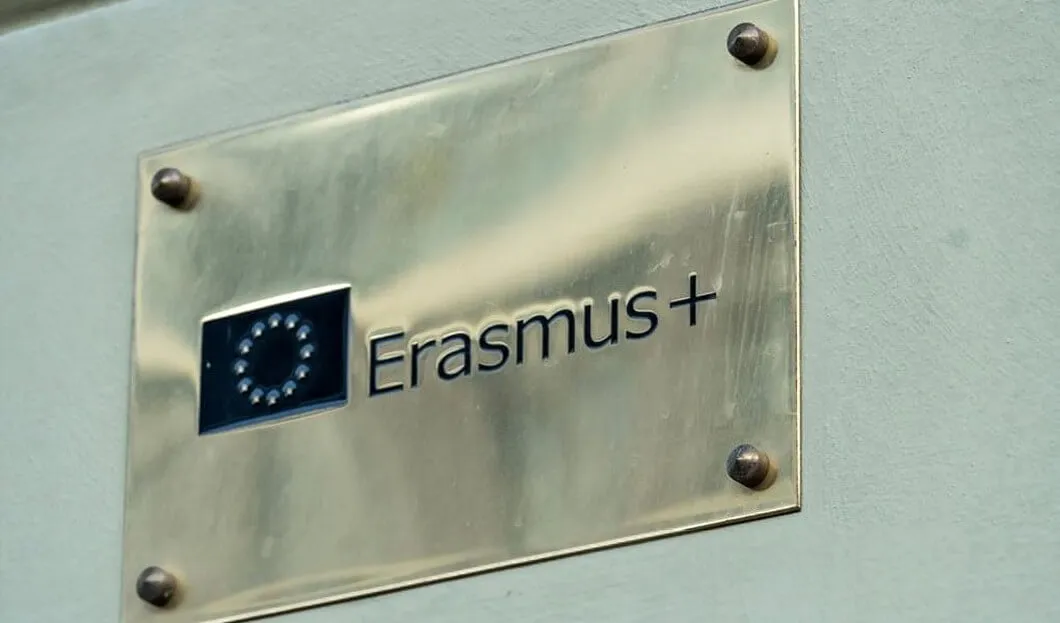
Since 2020, the global tourism sector has taken a hit as it was one of the sectors driven to a halt during the pandemic. Although the lockdown is a thing of the past and industries are gaining steam, the tourism sector has also been negatively affected by the global energy crisis.
In light of the struggles suffered by the industry, The Innovation and Further Education in Destination Management – The DEMINA Project – was initiated to improve the quality of tourism destination management by strategically focusing on filling the knowledge gap in methodologies and learning materials regarding destination management.
Key Areas of Focus
To improve the quality of tourism destination management through education, the specific areas of development that The DEMINA Project realized and co-financed under the Erasmus+ EU program were:
- Raising the qualification of managers and employees in the field of destination management and strategic development of tourism
- Innovation in destination management
- Application of the European concept of Tourism Learning Areas
- Economy, efficiency, and effectiveness of financial investments in the development of tourism and destinations
- Strategic and process planning of tourism
To effectively carry out these tasks, The DEMINA Project was implemented in partnership with seven institutions that span across six European countries namely Bulgaria, Croatia, Czech Republic, Latvia, Poland, and Turkey. All activities regarding the project were coordinated by the University of Hotel and Economics in Prague.
Key Output
Amongst other things, the project plans to achieve two key outputs:
- Creation of a methodological publication titled European Model and Methodology for Destination Management and Audit
- Creation of a training program for destination management staff and staff responsible for the development of tourism at the public level, applicable both in the lifelong vocational training and initial vocational education of tourism staff.
The project developed a model and methodology that’s categorized into three phases which are: inputs, the process of transforming inputs into outputs, and outputs.
- The inputs phase includes the identification and evaluation of destination potential, the analysis of management structures including stakeholders' strategy, and also the analysis of key resources such as people, finances, and partners.
- The second phase of the model covers three broad areas: effectiveness, efficiency, and economy.
- Effectiveness in measuring tourism destinations' performance through certain indicators.
- Efficiency through the use of the Balanced Score Card (BSC) to measure performance concerning strategic management
- Economy which covers the audit of the destination in terms of process, product, and systems.
- The last phase, which is the output phase, covers the creation of a sustainably competitive destination which can be evaluated by considering: the market position, the brand, the image, and the identity of the destination.
This new model and learning tool would equip all professionals within the space with up-to-date knowledge and expertise that would help improve the quality of tourism destination management and also attain one of the goals of The DEMINA Project – to increase the qualification of destination organizations and teach them to work with effective tools to increase their knowledge and skills.
In addition to this, at the EU level, the DEMINA project facilitated the creation of a network of destination management experts who exchange their professional experiences and by so doing, increase and fortify the knowledge within the network.
Other outputs from the DEMINA project are available to the public on www.demina.cz









